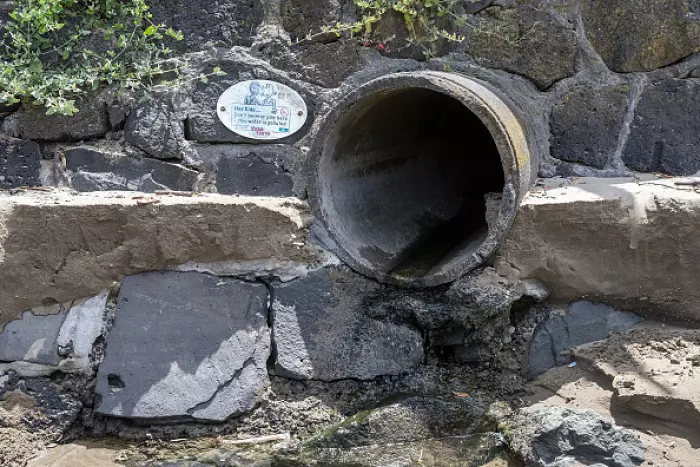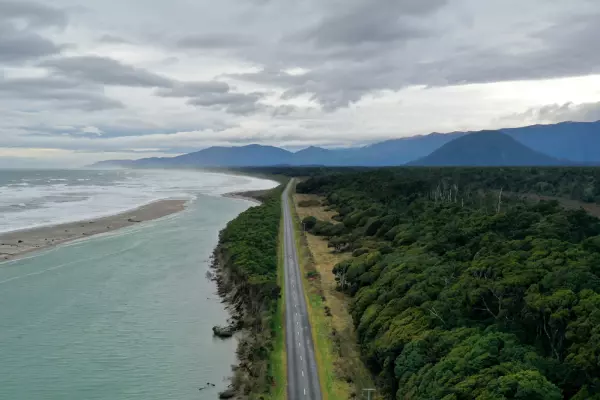New Zealand’s current business approach to fresh water is broken, a Te Aukaha Māori agribusiness expert told the audience at the E Tipu agricultural summit in Christchurch on Wednesday.
Hilton Collier (Ngāti Porou) who is a Te Aukaha Māori agribusiness expert and Pakihiroa Farms general manager was at the NZ’s biggest food and fibre sector event in Christchurch this week to speak about the country’s approach to fresh water from a Māori perspective.
Collier said he’d been asked to bring a Māori perspective on fresh water to the summit, but he wanted people to know that fresh water was just one part of the conversation and the taiao – environment – that made up the ecosystem people lived in.
“We cannot talk about fresh water without considering land use and the impact on our marine environment,” he said.
He said his ancestors had learnt over 30 generations what food could be harvested and the impact on foods that were over-harvested. Through that, they learned to balance the needs of the taiao and still survive.
Since Europeans had arrived and used a western model of agriculture where the impact on the land wasn’t as important as making maximum dollars, the taiao had been out of balance, said Collier.
“Our system for creating policy and regulation is broken,” he said, pointing to the abuses of land and water still happening around the country – from Auckland building more housing on its best agricultural soil to the inability to find solutions to the increasing number of flooding events.
“Is this really the nation we want to leave for our future generations?” he asked the conference delegates.
Collier said a “national discussion” was needed around the subject of a more integrated landscape.
“Until we adopt a mindset that we will do better, we're going to be challenged by regulations that are responses to bad decisions that have already been made,” he said.
Bleak future
After his presentation, Collier joined a panel of freshwater experts, hosted by business journalist Rod Oram, about the future of NZ’s freshwater.
The panellists brought different perspectives to the freshwater discussion but they all agreed on one thing: the future of NZ’s freshwater was concerning.
Brent Clothier, the principal scientist at the NZ Institute for Plant and Food Research said land use in the future wouldn’t look like it does today – so new solutions on how to solve this issue needed to be in place now.
“Land-use change will affect the demand for water,” he said. “Not all land uses use the same amount of water and they don't have the same demand for water.”
Mike Jebson, the director of environmental consultancy Southern Falcon Consulting, had concerns about some of the challenges that were arising from access to fresh water.
“The ability to take water is being constrained because of the need to protect the environment and that creates less of an opportunity to use that water,” he said.
The monetisation and ownership of the country’s fresh water was also debated.
Collier said Māori don’t use an ownership model – instead, they have a model that is focused around responsibility to the needs of the community and those that need it.
He said freshwater decisions needed to be for the good of everyone and it should be a “collective” decision because fresh water was a communal right – not just for individuals that were lucky enough to be able to access it.














